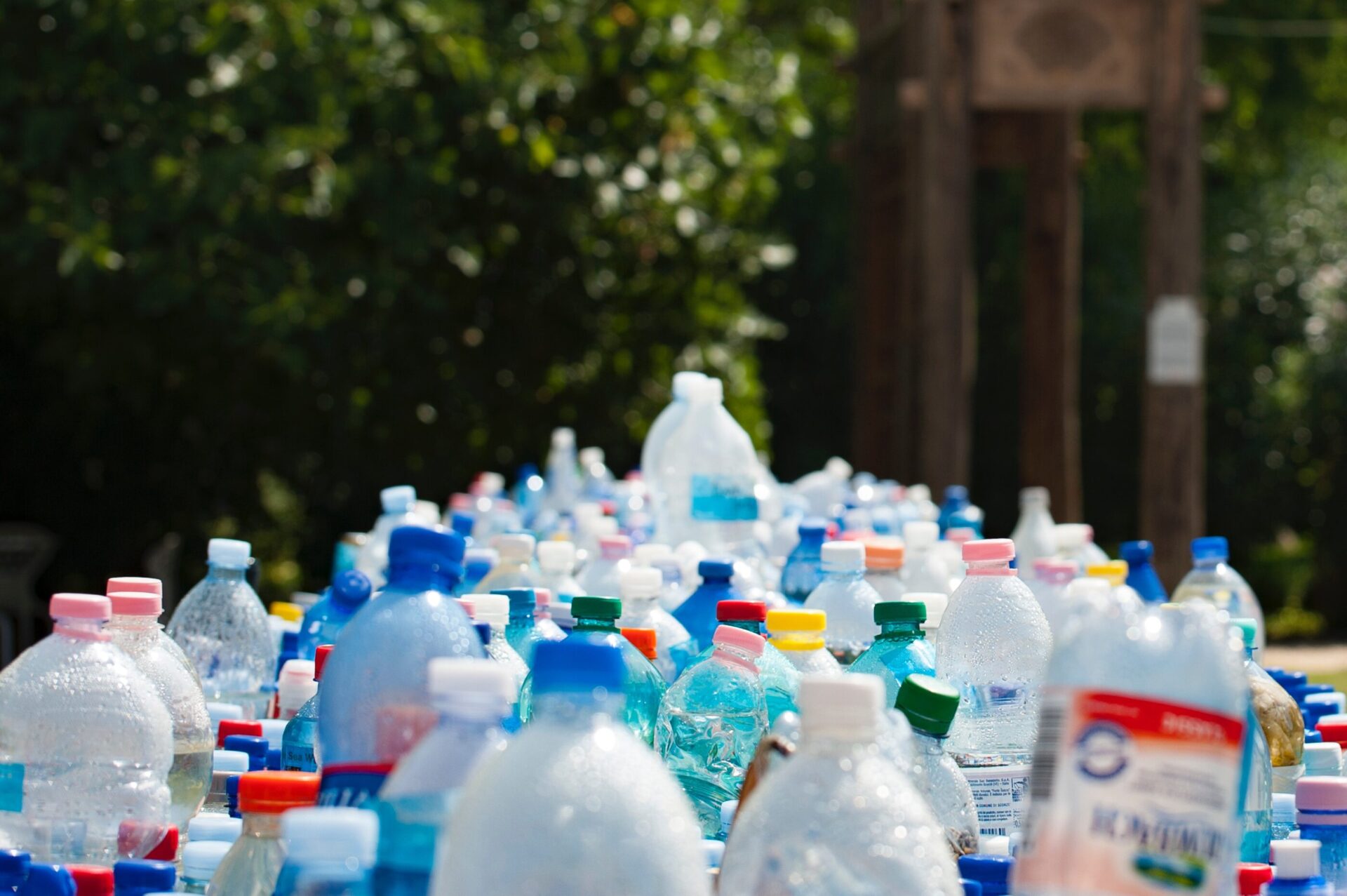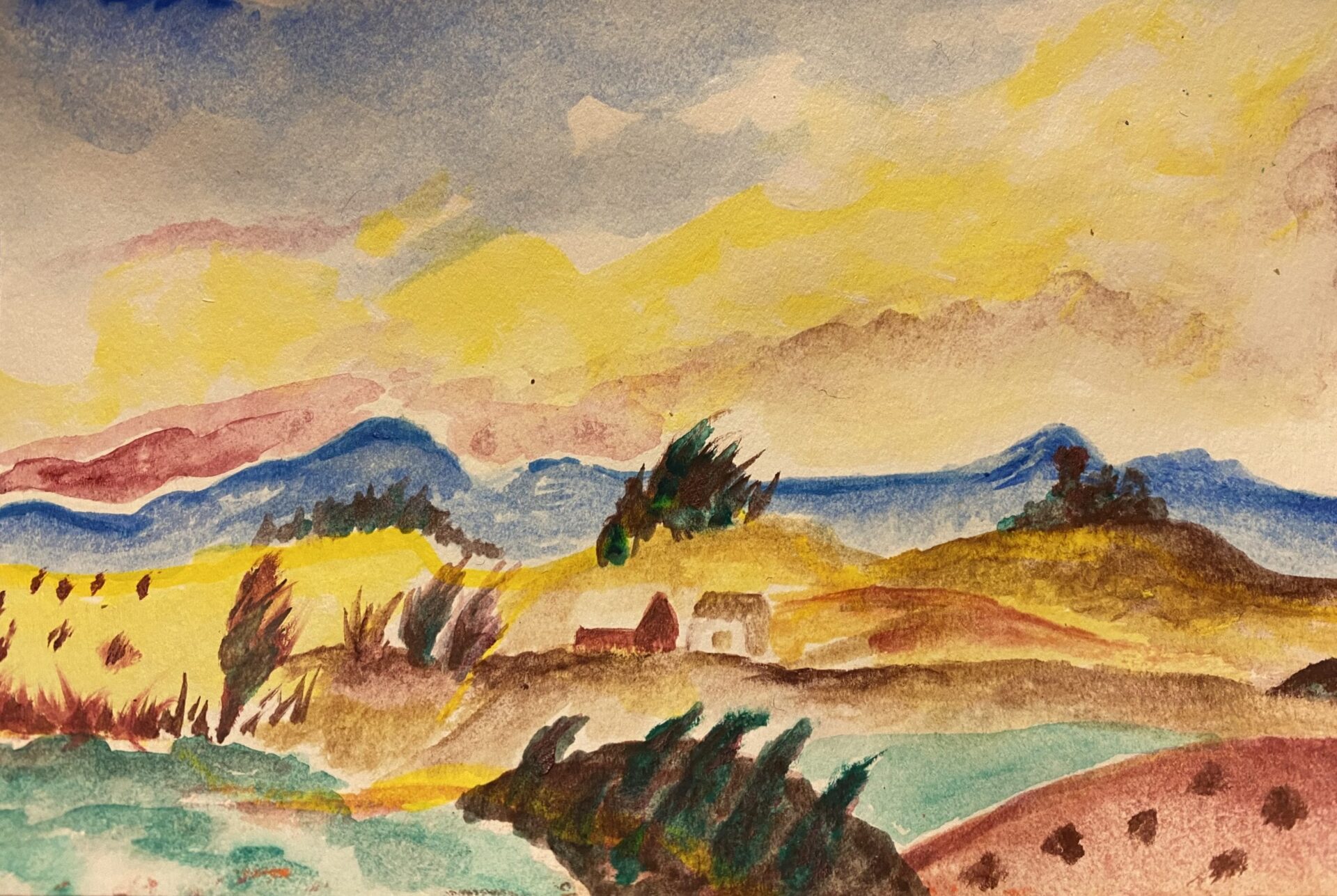By Patrick McNerthney
I’m a perfect example because I have a routine I follow religiously: Every evening after dinner – which I usually cook (who doesn’t love PB&J sandwiches?) I clean the kitchen as if my life depended on it. Because my life depends upon it. My wife is, to say the least, fastidious in her investigation of any given room in our home, for the tiniest signs of dirt and debris. Including the kitchen after I’ve been in there. Thus, I leave it spotless, so as to avoid her wrath.
Next comes taking out the (carefully segregated) recycling, compost, and garbage. Then I wander around confused and exhausted for a minute or two until finally, I sit down to watch TV. No wait, I mean I get to relax only after arguing with my son, who insists we watch YouTube videos of people playing video games. Then, after I win, my prize is watching the Transformers movie for the millionth time, or possibly one of my wife’s murder shows (Dateline, Cold Case Files, etc., we’re probably damaging our son but it can’t be helped). Anyway after that, finally, peace.
 (I hate taking out the recycling. Feels like it’s never ending…)
(I hate taking out the recycling. Feels like it’s never ending…)
This routine is necessary to our survival, but there are other routines that are important to change how we see the world, and thus how we feel on any given day. So here’s my other routine: I read blog posts from people who focus on trying to make things better for others by encouraging them to see what they may be missing.
Frankly, this particular routine sucks, because it forces me to think. Ugh, I hate thinking. My brain is full enough. Although I must admit there are some real gems I come across that are incredibly helpful. For example, I just read a post about scientist Peter Higgs, who published his theory predicting the existence of the Higgs particle in 1967. It took 45 years before the technology had advanced enough to be able to test his theory. But it did happen, and he was alive when the test PROVED his theory. So he won the Nobel Prize in 2013. Go Pete!
The real story here, however, is that between 1967 and 2013 Higgs kept working on stuff. He was committed to his routine. He wanted his work to matter, to make a difference, and to impact people of course. So, as you see, receiving a pat on the back, or acclaim, or attention was not why he did the work. He did it because he thought it was important.
Now, the lesson I take from this is to stay committed to the routine that produces what I think is important: stories. Especially when no one notices, or says “good job,” or “wow you’re a genius writer and really good at cleaning the kitchen.” And ESPECIALLY when I’m tired, burned out, full of self-doubt, and the voices in my head that insist, “This is futile – you should give up,” get louder and louder. Besides, the truth is, whether me or Higgs, or you, our work often impacts lots of people and we’ll never know. (Ahem, Vincent Van Gogh sold ONE painting in his lifetime. Imagine what he’d think of his work now).
 (He’d probably be like, “I’m not on social media.”)
(He’d probably be like, “I’m not on social media.”)
Back to how I feel on any given day – great! Especially when I remember all this, which I often forget.
Over to you. You care for those who need help caring for themselves. They could be the elderly, children with challenges, or virtually anyone else. Maybe they’re your family members, maybe this is your profession. But I bet we have something in common: a sense of the importance of what we do, and occasional discouragement because we’re not able to see the impact.
Fine Art Miracles (FAM) has got just the thing for you: creative expression. It turns out that underserved populations can also feel depressed, anxious, and like they don’t matter as they live in social isolation (pandemic or not). But Art Therapy, Music Therapy, Drumming Exercise Therapy, Drama Therapy, and Dance & Movement Therapy – all of which I like to call the act of making something – where there was once nothing – is full of the magic of connection. FAM’s tools for artistic expression literally build cognitive links to feelings of confidence, self-worth, relevance to internal and external communities (we all need a tribe!), and self-mastery.
The beauty is this process serves you as well. Because when you work with FAM, you get to see their tools impact your residents and loved ones in real-time. You get your own version of the Noble Prize, you just don’t have to wait 41 years to receive it.
So let’s do this! Give FAM a holler or send them a note to get started. It would be a great routine to add to your week, and a great way to help you stay committed to your process. Which, trust me, feels pretty darn good.
Speaking of which, it’s time to clean the kitchen again before the boss gets home. I made a salad for lunch, and somehow stuff got everywhere. I’ll be picking teeny tiny shredded carrots up from between the tiles for the rest of the day if you need me.

